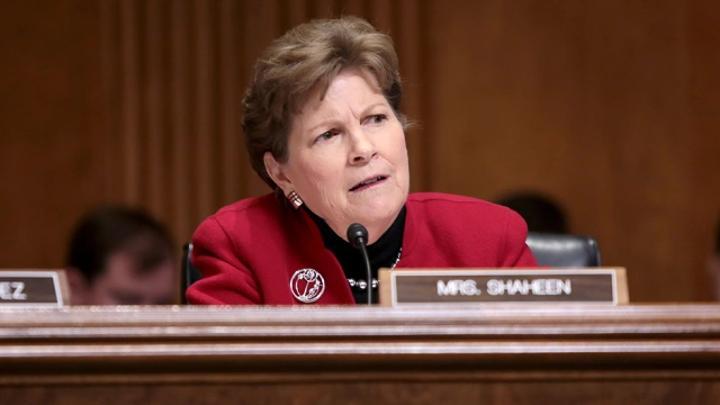Africa-Press – South-Sudan. U.S. Senator Jeanne Shaheen has called on Congress to re-authorize the President’s Emergency Plan for AIDS Relief (PEPFAR) to continue saving lives around the world, as the Trump administration’s pause on foreign aid impairs the global fight against HIV.
Established in 2003 by U.S. President George W. Bush, the PEPFAR program has been the world’s largest bilateral HIV/AIDS assistance program and saved 26 million lives across 55 vulnerable countries.
But following the January 2025 executive order suspending all foreign aids from his country, key organizations affected including the PEPFAR initiative.
Senator Shaheen said despite the overwhelming success of the program, PEPFAR’s efforts to protect millions have been impaired by the termination of foreign assistance and dismantling of USAID.
“The current administration has made many empty promises and assured Congress that the life-saving humanitarian assistance of PEPFAR will continue. But the reality is, PEPFAR funds remain on hold or have been cut entirely,” he said in a statement to Eye Radio.
“As we reach the deadline to re-authorize PEPFAR, key provisions are set to expire today—provisions that require that 50% of total funding go towards treatment and that 10% go towards helping orphans and vulnerable children.”
“The time to act is now. Congress must work together to re-authorize this bipartisan program for a full five years and send a clear signal to the Trump Administration that America will not back down from our commitment to save lives.”
The World Health Organization (WHO) has warned that South Sudan is among 8 countries in the world to run out of Antiretroviral therapy drugs in the coming month due to disruption in the global HIV program.
WHO chief Dr. Tedros Adhanom Ghebreyesus said the affected countries are facing substantial consequence of the U.S. cessation on funding to foreign countries.
Dr. Tedros said the disruption in HIV program could undo 20 years of progress which would lead to potential rise in prevalence and fatality.
Six of the eight are African countries of Kenya, Nigeria, Burkina Faso, Mali, Lesotho and South Sudan. Haiti and war-torn Ukraine are also reported to face a similar HIV shortage.
In February 2025, a non-profit organization working to empower people living with HIV in South Sudan, revealed that around 70,000 people have been directly affected by the 90-day suspension of U.S. foreign aid.
The National Empowerment of Positive Women United (NEPWU) Executive Director, Mama Evelyn Letio, said the PEPFAR program used to donate $1 million annually to the organization and accounted for 75% of the organization’s budget.
Ms. Letio revealed that within an estimated number of nearly 200,000 people living with HIV in South Sudan, nearly 70,000 rely on international assistance. She said the suspension threatens to reverse years of momentum gained in fighting the pandemic
For More News And Analysis About South-Sudan Follow Africa-Press






